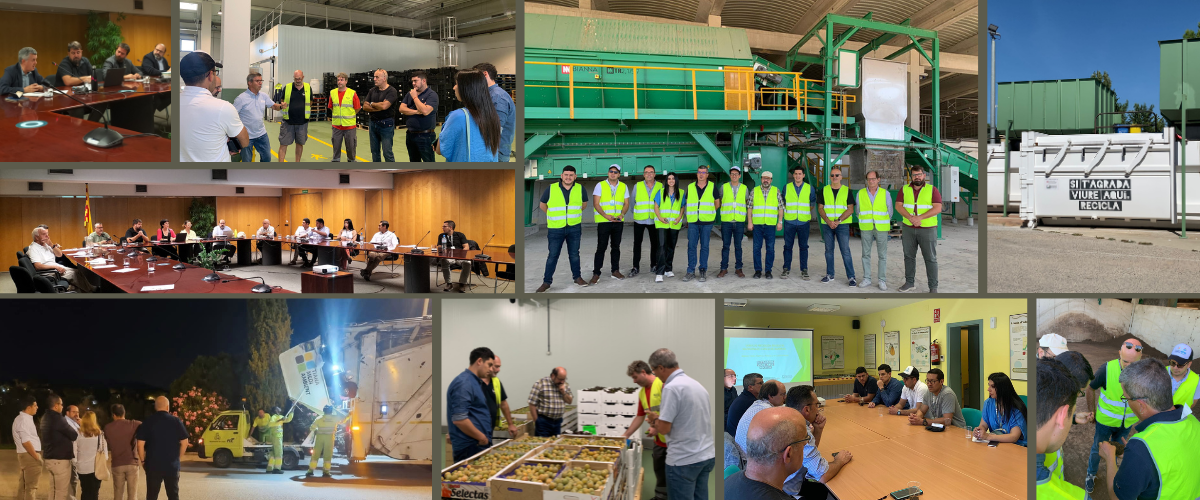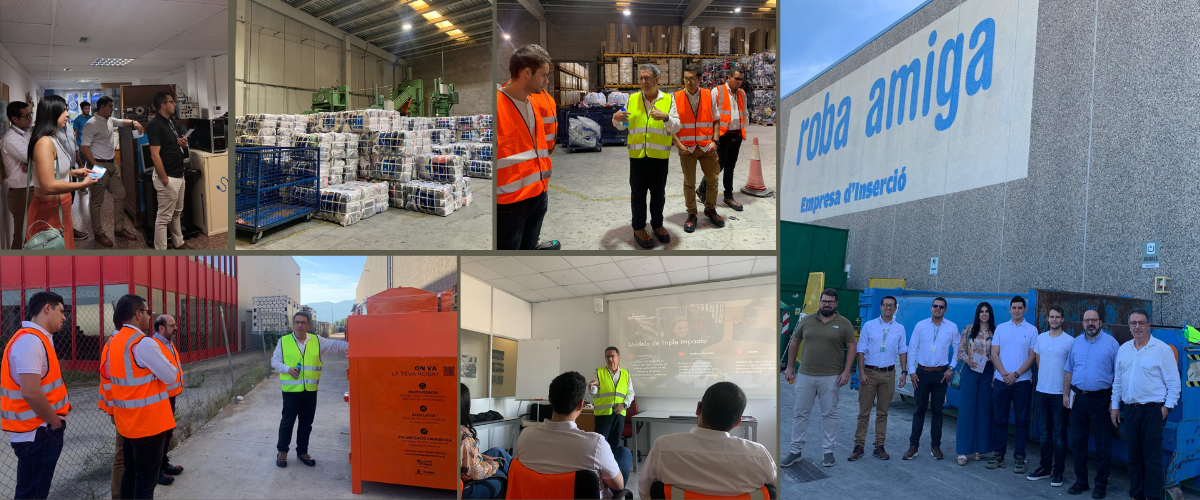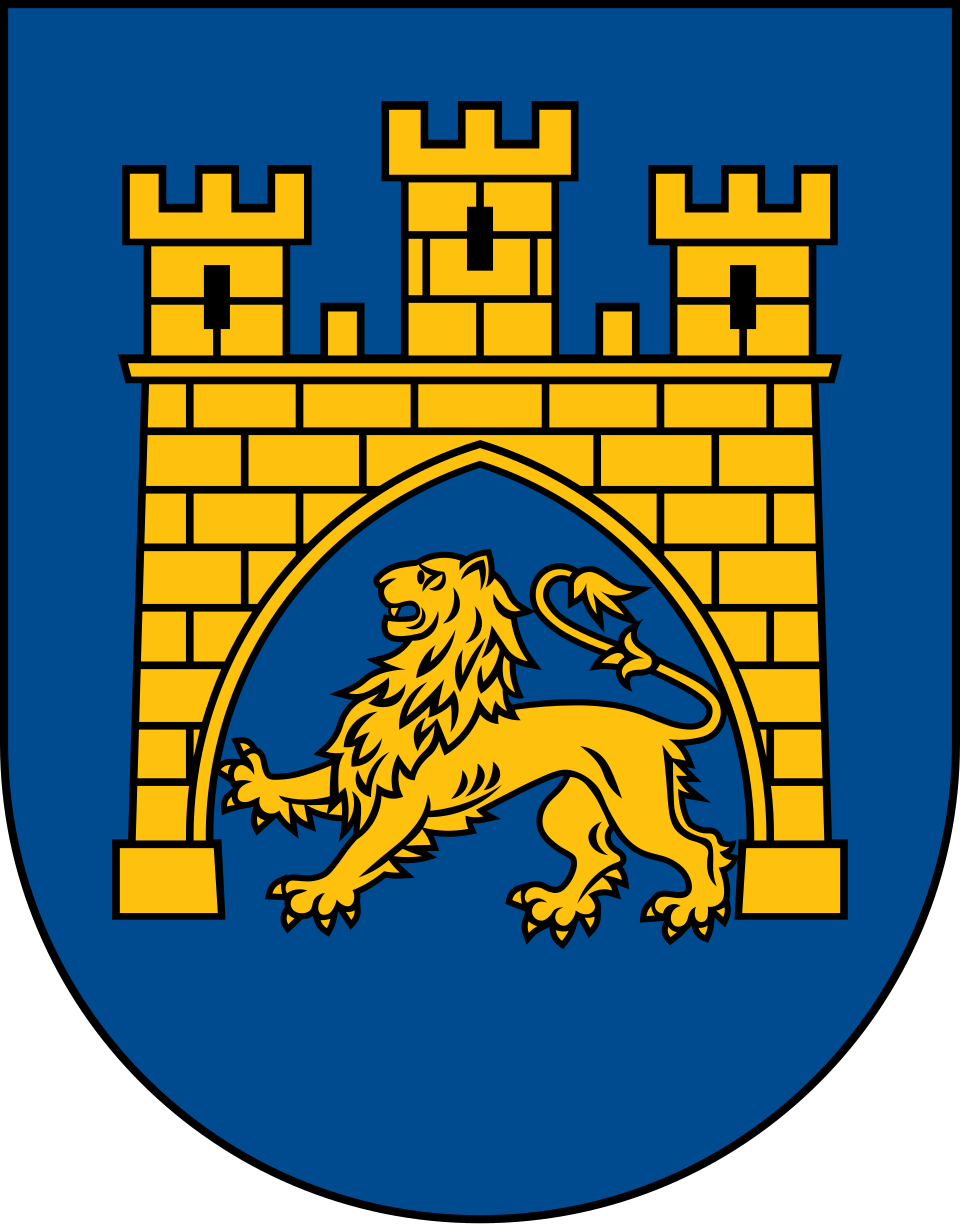TAIEX Fund enables Colombian technical visit on waste management to Catalonia

From September 26th to 28th 2023, the "Study visit for the strengthening of institutional capacities in landfill and recycling in the Department of Nariño" took place. With this visit, promoted by ORU Fogar and supported by the TAIEX fund, a delegation formed by five technicians from the Department of Nariño (Colombia) followed - for three days - the agenda organized by the Agència de Residus de Catalunya (ARC) -Waste Agency of Catalonia-, through different landfills and facilities.
The Department of Nariño is going through a real environmental emergency in this area, with serious problems especially related to its landfills. Despite the fact that the department generates half of the waste per capita compared to the Colombian national average, there are many municipalities where there is no waste collection service coverage, so that landfills located in other municipalities have to be used, causing their collapse or the shortening of their useful life. In addition, the poor management of solid waste by the inhabitants of both urban and rural areas makes collection very difficult.
Thus, experiences and knowledge were shared in the visit, with the aim of adapting them to different contexts. The ARC was interested in showing landfill systems and instruments and recycling policies at the European Union level, so that it can lead the way for the development of sustainable waste treatment policies in Nariño. Finally, work was done to establish a common language and a better understanding of environmental governance and the circular economy to minimize pollution and associated health problems.

The technical exchange is the result of a TAIEX (Technical Assistance and Information Exchange) project, an instrument of the European Commission that supports public administrations in partner countries in their approximation to European Union practices and legislation. The agenda consisted of a series of meetings and technical visits during which the delegation from the Department of Nariño was able to observe and study the operation of waste treatment, landfills and recycling policies in various centers.
The delegation had the opportunity to attend various meetings where relevant issues were explained, such as the functioning of municipal waste management in Catalonia, infrastructure planning for waste management, prevention and reuse, and selective collection. Among the most significant visits were to the "Millor que nou" center, the Conca de Barberà Municipal Waste Management Center, the Mercabarna-FITEI Food Back Center, a visit to the "Roba Amiga" textile waste sorting plant and the RM Management Center of the Mancomunitat La Plana.










































































